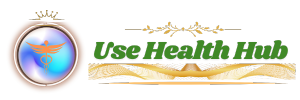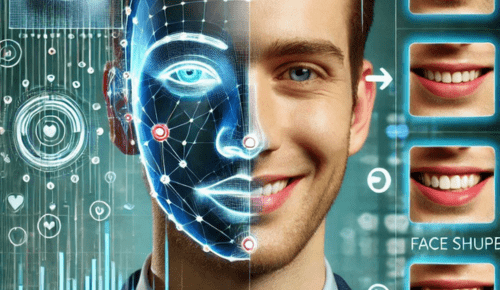Smart dentures are considered to be the greatest innovation in the dental care industry. Unlike the older model dentures, these new forms of dental prosthetics have tiny sensors and tough materials to assess oral hygiene. They can monitor different parameters related to dental care including chewing frequencies, temperature fluctuations, and bacterial activity.
This new product intervention will seek to offer wearers real-time information relating to their oral health and, consequently, enhance their quality of life. In view of people who are in search of sophisticated dental procedures, a dentist in North Scottsdale AZ might be in a position to provide guidance on how to apply smart dentures in one’s daily dental care plan.
In what ways do smart dentures monitor oral health?
Smart dentures are miniature sensors that constantly gather data about the user’s oral environment. These sensors track aspects such as pressure at the time of chewing, production of saliva, and temperature in the mouth. This data is then sent to a digital platform from where dentists as well as the patients can track the data. Smart dentures facilitate the preliminary identification of any problems that might affect the oral health of the wearer. Some benefits of proactive monitoring include the following since they attest to the strengths of the institution:
What can be gained from real-time tracking of smart dentures?
Real-time monitoring of oral health has several advantages for patients and dental care providers. For patients, it means increased awareness of their oral habits and the condition that they have. Problems with gums, pressure on the,m or lowered saliva production are also revealed in time thus avoiding oral pain. To dental professionals, smart dentures mean pertinent data that aid in developing more effective treatment plans. This makes the general dental health of society as well as the patient’s status better.
Could smart dentures enhance the cleanliness of the mouth?
Smart dentures are used to complement oral care and improve oral health. As such, they can guide users in instances of possible bacterial actions, and saliva consistency. For instance, if the level of bacteria increases, patients can correct their upset status by increasing the number of times they clean their surroundings. Such encouragement assures healthier habits and greatly limits the chances of oral infections or other mishaps.
What barriers may exist when it comes to implementing smart dentures?
While smart dentures provide various benefits the use of the system has some limitations. The areas like technology integration, technology maintenance, and technology data are the areas of concern. Patients and dentists may require several more years to accept this new technology in the treatment of dental complaints. Nevertheless, as technology progresses, all these difficulties are being solved, making smart dentures a worthy instrument for present-day oral health care.
Can smart dentures be considered the breakthrough in the dental industry?
Smart dentures could be a disorder revolutionizing the global dental industry due to their ability to close the gap between technology and oral health. Their capability in the management of oral conditions, recognition of threats at an early stage, and enhancement of hygienic conditions make these an invaluable idea. Smart dentures will most definitely continue to usher in better dental care as technology is continually developed.
Conclusion
Smart dentures will be the evolution of dental devices that will allow tracking and will provide specific recommendations for individuals’ oral hygiene. They can continuously keep track of what is happening with the chewing pattern, bacterial activity, and saliva levels, which is good for dental care. Given these benefits, smart dentures are therefore poised to offer optimal outcomes in patient satisfaction and for changing the nature of oral care.

